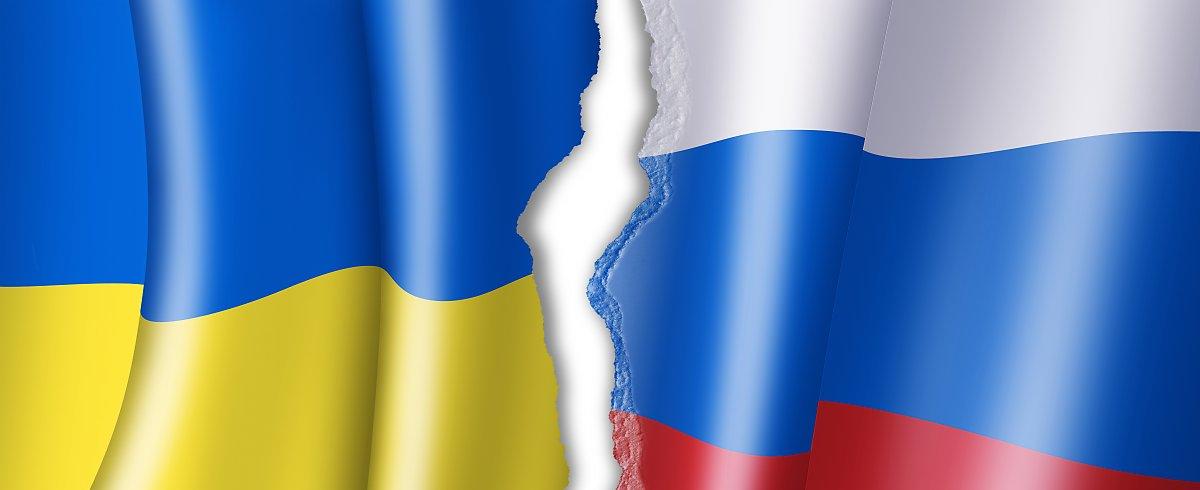
On the 25th of last month, the outbreak of war between Russia and Ukraine shocked even Russian foreign policy experts. That's because, despite annexing Crimea, Russia has been critical of U.S. intervention without a U.N. Security Council resolution that violates the sovereignty of other countries.
Meanwhile, despite repeated U.S. predictions that Russia would attack Ukraine, senior Russian officials have denied it and dismissed it as "Western hysteria."
In mid-December 2021, Russia began negotiations with the United States and NATO to end hostilities and prohibit the Deployment of additional troops and weapons on the territory of new member states. With German Chancellor Schoarts' reception with Russian President Vladimir Putin, a diplomatic solution seems possible.
However, on February 21, 2022, Putin suddenly recognized the sovereignty of the Donetsk and Luhansk Republics, which had been civil war with the Ukrainian government for eight years, and announced the start of a special operation of "demilitarization" and "de-Nazismization" of Ukraine on the morning of the 24th in the name of protecting the inhabitants of these areas.
Was Russia prepared to attack Ukraine from the start? Are the negotiations merely a reason to suspend military action?
If so, there is no reason to delay the operation for more than three months, nor is there any need to respond to the U.S.-NATO negotiating issue at the end of January on Feb. 17.
So why did Putin decide to attack Ukraine? At first, the strategic goal of achieving through "military protests" was relatively clear.
The first is to prevent Ukraine from joining NATO, and the second is to end hostilities with NATO. The next step is to ensure the special status of the pro-Russian region in Ukraine through the implementation of the Minsk agreements and thus maintain influence. However, over time, this goal has become increasingly difficult to achieve. First, NATO has not abandoned the "open policy", and the United States has also rejected Russia's core demands.
Instead, the United States made military action a predetermined fact by judging the date of the Russian attack on Ukraine.
Second, Ukraine has not relinquished its membership in NATO. Despite President Macron's proposal to neutralize as a compromise, Ukraine's position remained unchanged until the United States and NATO announced they would not send troops directly to help Ukraine. Instead, on Feb. 19, President Zelenskiy attended the Munich Security Conference and demanded high-intensity sanctions before the Russian invasion, noting that he could even reconsider abandoning nuclear weapons.
Third, despite the intensification of fighting in the east, Ukraine has not shown any willingness to implement the Minsk agreements. This means that, from Russia's perspective, some 3.7 million people living in pro-Russian regions will continue to be in the midst of civil war.
In this case, Putin prefers to carry out a military strike on Ukraine for the same three reasons.
First, if negotiations with the United States and NATO fail to make progress, Ukraine will not give up, and NATO will one day expand further.
Second, if Ukraine does not intend to implement the Minsk agreement, the military offensive to retake the eastern region will also continue.
Third, as time goes on, Ukraine's military power will grow stronger and its nationalism will become more determined. Now there are only two options. Either end the military exercises with Belarus on time and hope to resolve them diplomatically, or quickly subdue Ukraine militarily and negotiate with the West.
Unfortunately, Putin acknowledged that post-Soviet regional integration became his historical destiny, and Putin chose the latter. But there was one thing he overlooked. First, the sense of resistance in Ukraine was misjudged. Like the widespread protests against the interim government in the southeast in early 2014, there was a mistaken belief that the invasion would at least win some popular support. Second, in the past eight years, the military strength of the Ukrainian army has been underestimated.
It is unclear what the outcome of Russia's invasion of Ukraine will be. However, this event clearly meant the end of the post-cold war and the full beginning of the so-called "new Cold War".
Now, the pattern of the post-Cold War world order has been abolished, and a new world order is still in the making.